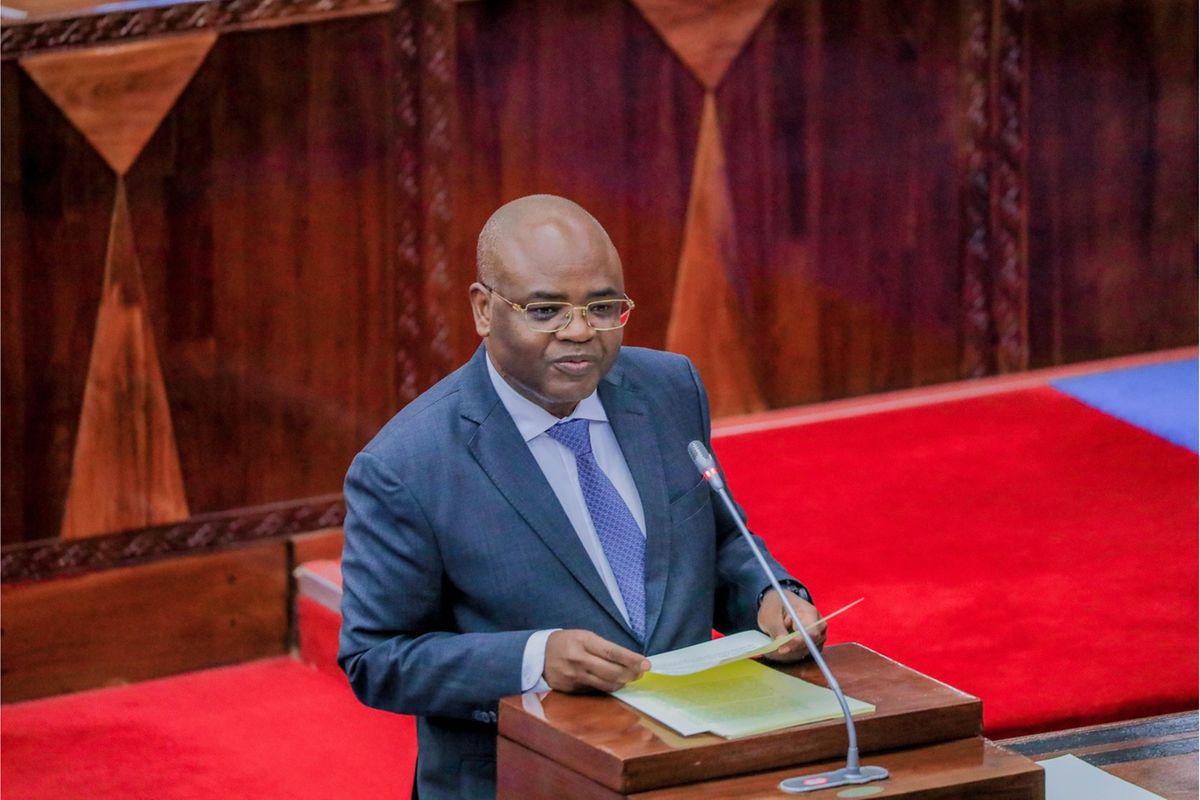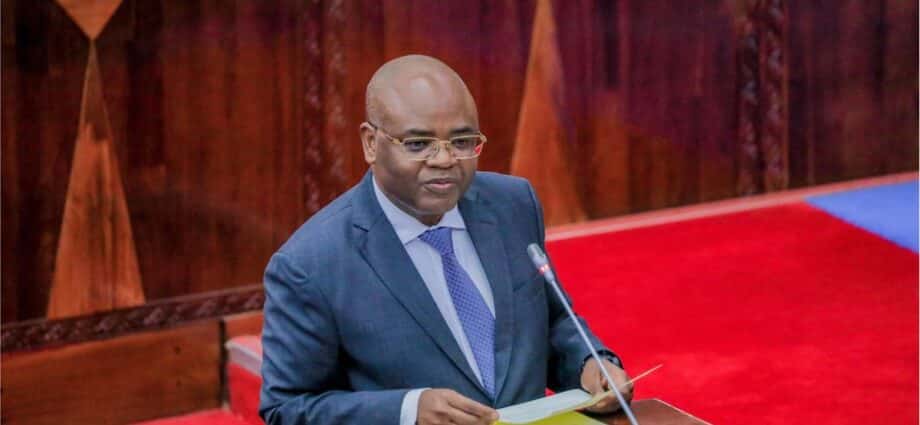
Dodoma. The government anticipates collecting Sh1.56 trillion from its investments in public corporations in the 2025/26 financial year—a 40 percent increase from the Sh1.113 trillion revenue estimated for the 2024/25 fiscal year.
Presenting the budget estimates for the President’s Office [Planning and Investment] in Parliament on April 24, 2025, the responsible minister, Prof Kitila Mkumbo, said the revenue will be sourced from public corporations under the Treasury Registrar’s custodianship.
Key income streams include dividends from profit-making public entities, 15 percent contributions from the gross revenues of non-commercial institutions, loan repayments, interest earnings and other revenue avenues.
“As of March 2025, collections stood at Sh664.53 billion—representing 60 percent of the annual target and 86 percent of the target for the reporting period,” Prof Mkumbo said.
He attributed the strong performance to improved integration of government digital systems, notably PlanRep, ERMS, e-Watumishi, and enhancements in the MUSE platform, which have enhanced access to accurate financial data and promoted transparency and accountability.
“We are confident that the Sh1.113 trillion revenue target for the 2024/25 fiscal year will be met, especially given that a significant portion is expected in the fourth quarter,” he added.
The minister presented a Sh148.63 billion budget request for the 2025/26 fiscal year and outlined five strategic priorities for the Office of the Treasury Registrar (OTR).
These include improving public institution efficiency, enhancing oversight of public assets, and expanding non-tax revenue streams.
Among the major initiatives is the rollout of a Long-Term Strategic Plan that will guide public investment and asset management over a 25-year period from 2025/26 to 2049/50.
The plan aligns with the country’s long-term development vision.
Prof Mkumbo affirmed the government’s commitment to monitoring state-owned assets—both operational and those previously privatised, such as farms, factories, residential properties, and plots—to ensure optimal public benefit.
To reinforce non-tax revenue collection, the OTR is developing a digital dashboard to streamline operations, enable real-time data access, and improve governance and transparency.
Public institutions have been urged to allocate resources for ICT investments to support the initiative.
Further, the OTR will enhance governance frameworks for public institutions and companies in which the government holds equity.
This includes the implementation of updated performance evaluation systems and clear guidelines for government representatives on boards.
Key governance tools include the Treasury Registrar’s Circular No. 1 of 2023, the Government Expectations and Roles of Board Members Manual, the Board Performance Evaluation Framework, and guidelines for minority shareholding institutions.
Capacity building for OTR staff will also be prioritised to boost productivity and improve the quality of public service delivery.














